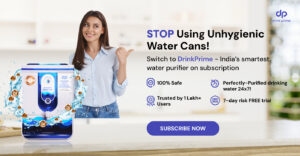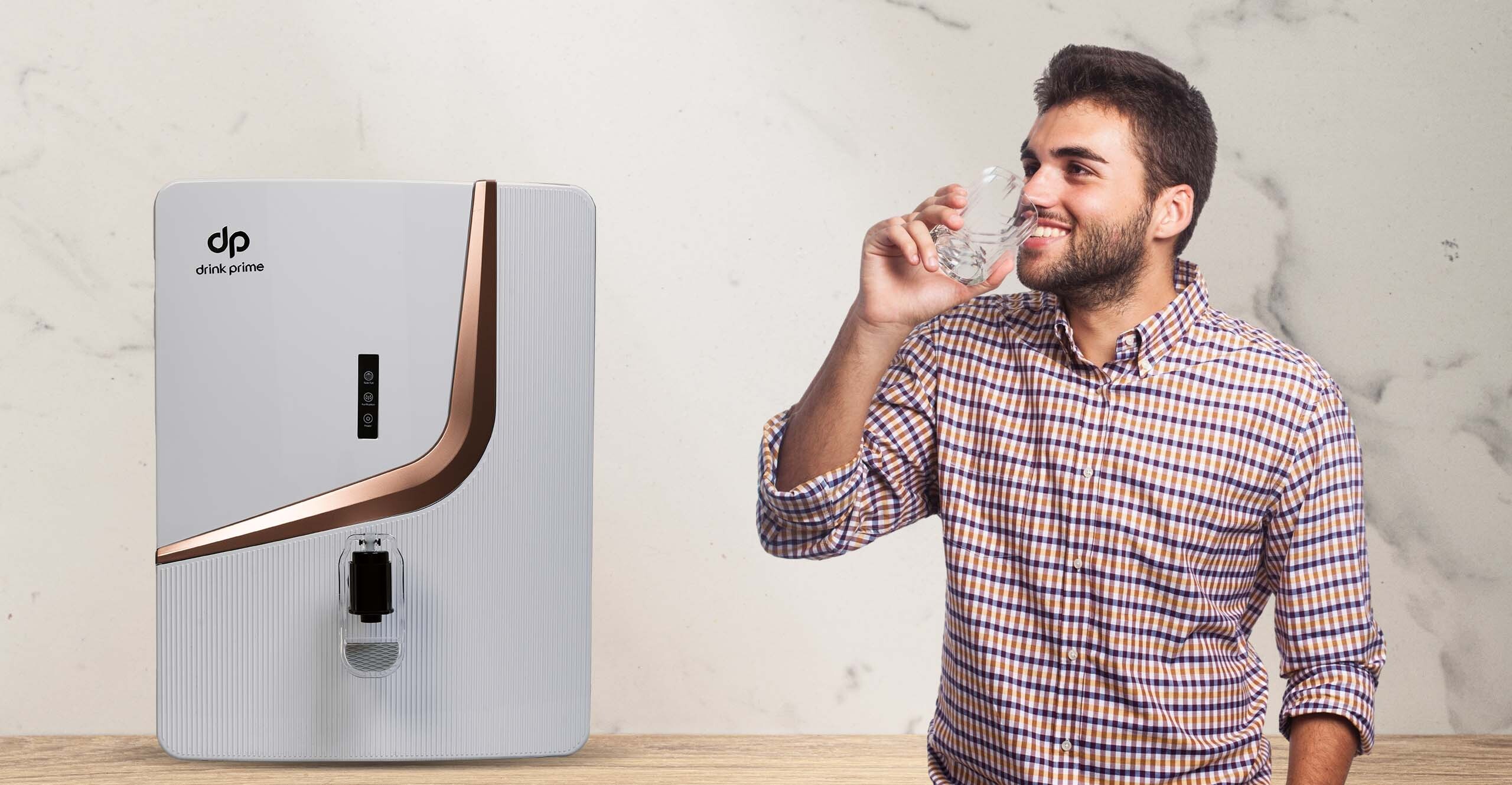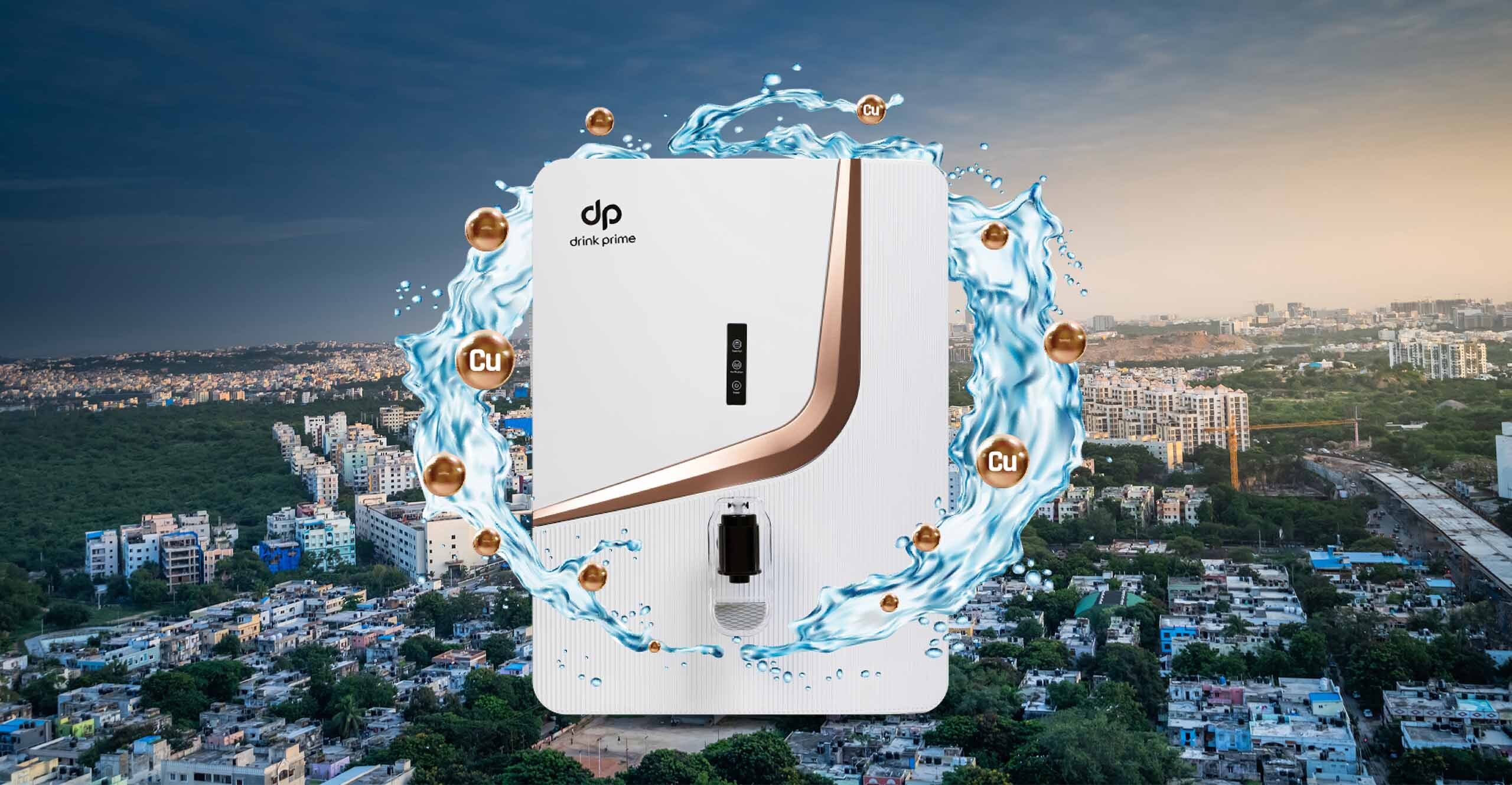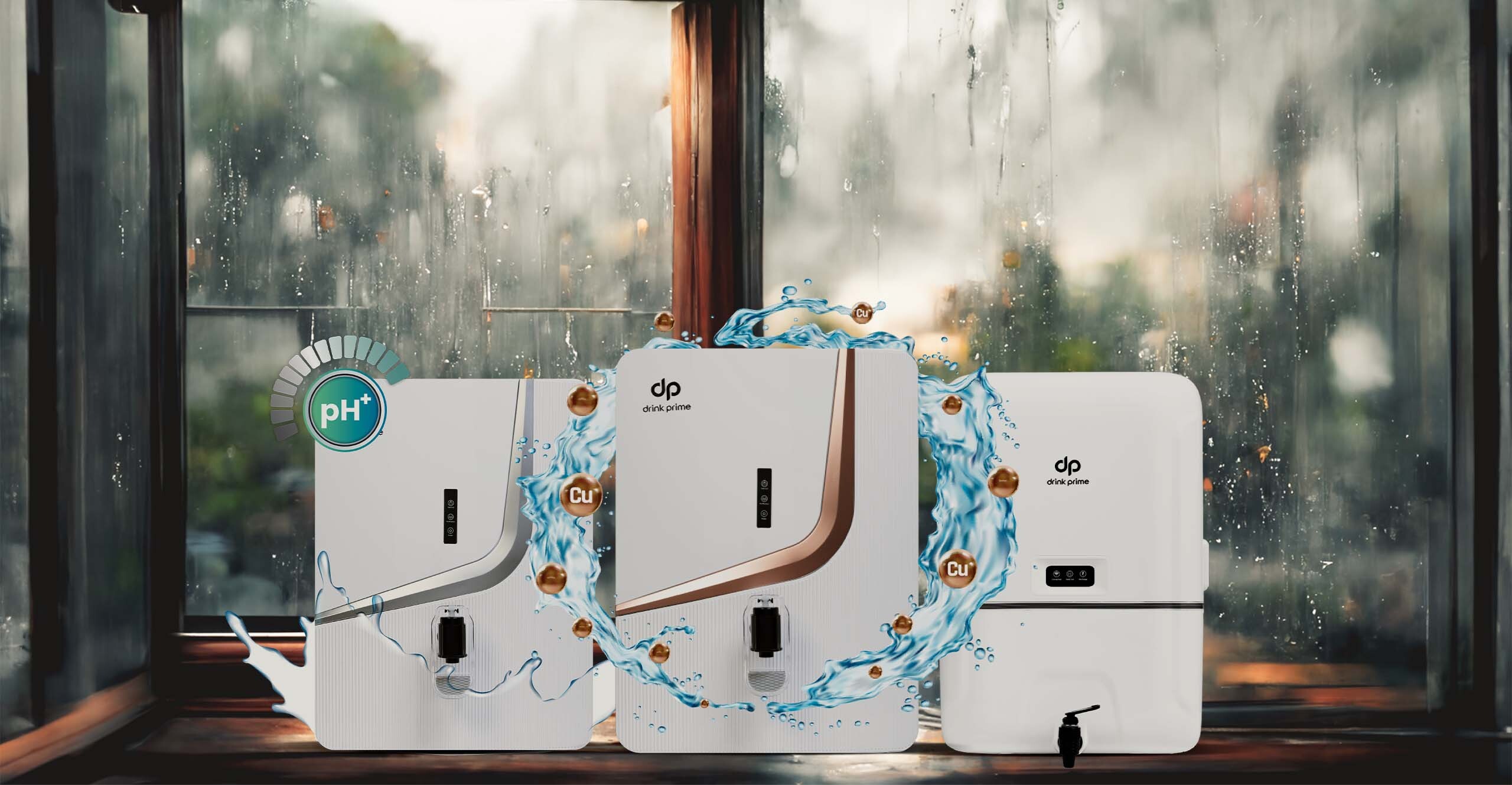Drinking enough water to ensure adequate hydration is a fact that has been instilled into most of us from a young age. Water is indeed the cliched elixir of life, as it is pivotal to supporting the optimal functioning of your body. But another important fact that is as important but often overlooked, is the quality of water that you consume. With the extensive pollution of water bodies and the rise in indiscriminate use of chemicals, most of our water sources are severely contaminated. Municipal Water is no longer dependable and consuming it without filtering can be an open invitation to scores of waterborne infections. Bottled water is no better. In such a scenario, water purifiers, with their latest features, prove to be a boon for households and establishments grappling with contaminated water. With the dozens of models available, it often becomes confusing to select one that is the best fit for you. One of the most popular models is the RO+UV water purifier, which leads us to the eternal question of which is better. In this article, we have compared these two to help you make an informed decision.
RO purifiers
RO water purifier are arguably the most popular purification systems globally. The source water passes through a semipermeable membrane that allows water molecules to pass through but restricts the passage of other contaminants. A pressure greater than the naturally occurring osmotic pressure is applied, and water is forced through this membrane. This causes the water to pass through, leaving behind the other contaminants and giving you pure water with enhanced taste and odor. RO systems, with their powerful membrane, eliminate pathogens, dissolved salts, and trace metals, giving you pure water.
UV purifiers
The UV water purifier is another popular water purification system used worldwide to disinfect water. Drinking unpurified water may cause bacteria and viruses present in the water to reproduce in your digestive tract, leading to infections. In this method, your source water passes through a UV chamber, where it is treated with Ultraviolet light. This light prevents pathogens from replicating by damaging their DNA, helping them from spreading infections. Since no chemicals are involved in the process, it does not affect the taste and odor of the output water.
RO vs UV – a comparison
Like the clichéd Chicken and egg conundrum, the question of which of these—the RO water purifier or the UV water purifier—is best for your water needs is a long-standing one. The short answer is that it depends on the water you have access to and your unique water requirements. Here is a comparison of the two purifiers.
- A RO purifier is often the last word when it comes to water purification, as many other technologies can work in tandem with Reverse osmosis technology to give you purified water. Its powerful membrane eliminates most of the contaminants present in your source water. A UV purifier, on the other hand, disinfects water by killing the pathogens present in it. However, it cannot eliminate the debris of these eliminated microorganisms, and they remain dissolved in the water. RO purifiers eliminate the debris to give you safe water.
- RO purifiers require more power to function and are useless in the case of lower voltages. It also leads to steeper electricity bills compared to UV purifiers. A UV purifier operates even with weak current facilities.
- A RO purifier wastes a lot of water during the purification process. Almost eighty percent of water is rejected, leaving only twenty percent for consumption. This is not environmentally sustainable in the long run. The latest models available now claim to reduce water wastage. A UV purifier does not cause any water wastage and is more environmentally sustainable.
- RO purifiers are ideal to deal with hard water and work best if your TDS levels are greater than 500 mg/lt, while UV purifies are best suited to deal with municipal water supply with TDS below 500 mg/lt.
- RO technology is more powerful than a UV purifier and can eliminate a variety of contaminants, including heavy metals and dissolved salts.
- To perform optimally, an RO purifier requires consistent servicing and maintenance. You will need to schedule professional servicing, as you cannot maintain these parts yourself. A UV purifier is relatively maintenance-free and can be done at home.
- RO purifiers are costly to purchase and maintain as they involve various parts that work parallelly to ensure multi-level filtration. UV filters, on the other hand, are relatively cost-effective. As no chemicals are involved in the process, it is environmentally friendly, and the taste and odor of water are preserved.
- RO purifiers come with a storage tank that helps store the purified water and it is ready for consumption at the press of a button. Most UV purifiers do not allow for the installation of water storage tanks. This means that you must fill the water into an external container or bottle each time you purify it.
- A RO water purifier effectively softens hard water and enhances its taste and odor, while a UV water purifier annot soften hard water at all.
- RO water purification is time-consuming, involves multiple filtration levels and you will have to wait to get pure water if your storage tank is empty. UV purification, on the other hand, is relatively less time-consuming and you can get water in a shorter time.
Get 7 Days Risk Free Trial
Conclusion
The health of your family is largely dependent on the quality of the water that they consume regularly. For this reason, the choice of purifier should be informed and suited to deal with the water quality in your area. For an enhanced drinking experience, it is advisable to use an RO+UV water purifier, as it offers the best of both these wonder technologies. This is especially useful if you’re unsure of the TDS and contaminant infestation in your source water.
DrinkPrime water purifiers, with advanced RO+UV technology, are what you are looking for! With our budget-friendly options, including a purifier on subscription and consistent after-sales services, there is a plan available to suit every budget. So subscribe to DrinkPrime now!




